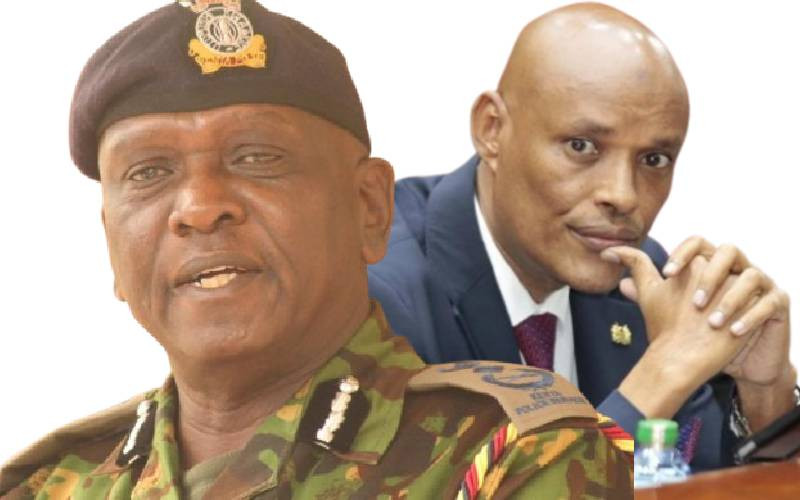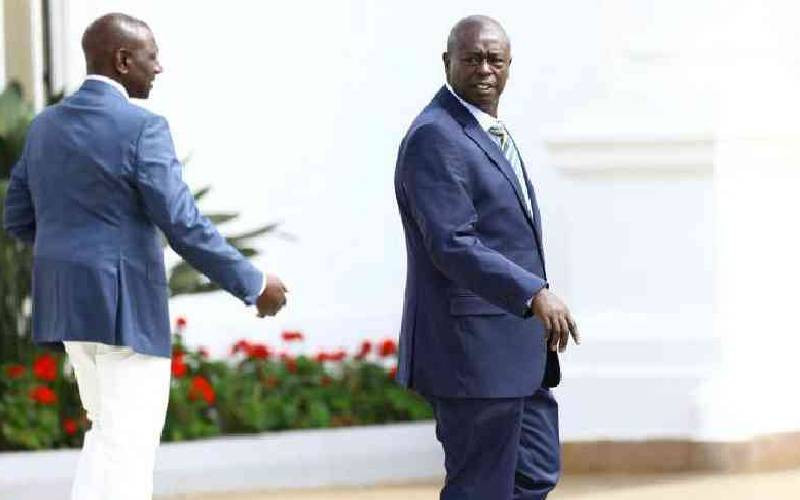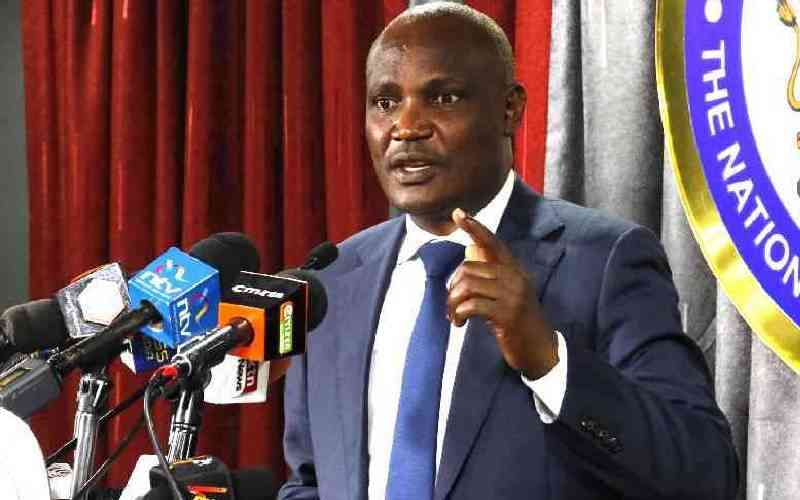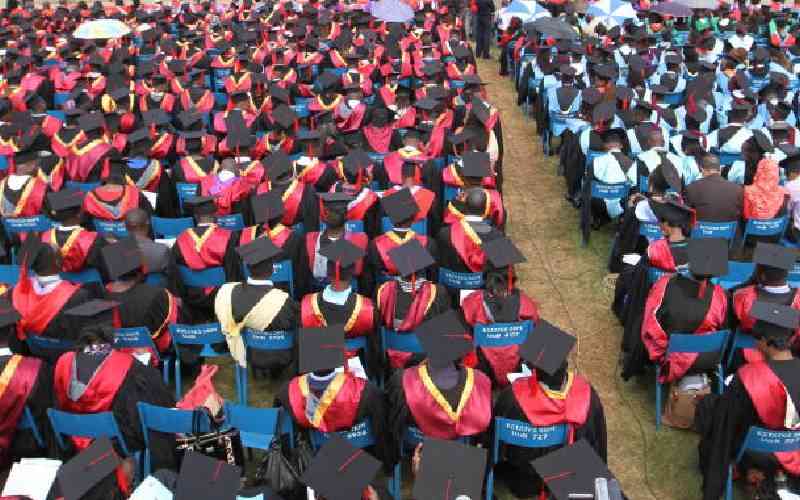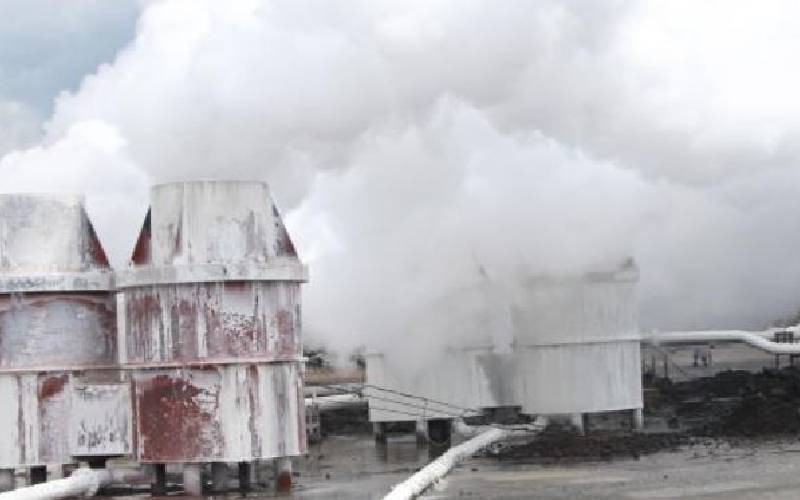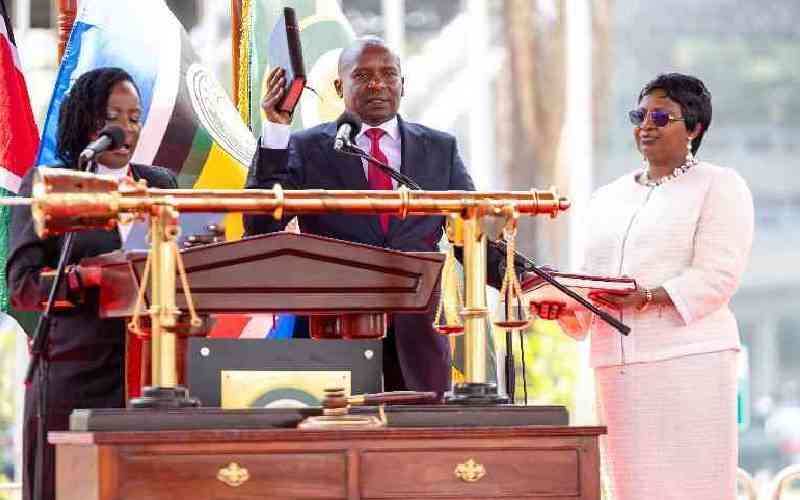
The government has acknowledged that it’s facing financial challenges in the healthcare system regarding the facilitation of community health promoters, in its quest to achieve Universal Health Coverage.
Speaking during an assessment visit to the Kenyatta National Hospital (KNH), Deputy President, Kithure Kindiki, revealed that while the government has allocated Kshs 2.5 billion for Community Health Promoters (CHPs), the total primary healthcare budget of Kshs 6.2 billion falls short of what's needed to fully implement the programme.
"The total budget may not be adequate, and therefore we are looking at ways of, if, for example, we need a supplementary budget, again, resources permitting," Kindiki admitted, attributing part of the funding challenges to setbacks in revenue collection earlier in the year. He also linked this to the collapse of the impugned Finance Bill, 2024, through which the government had sought to raise supplementary revenue of around Kshs 340 billion.
“As you know, early this year, the revenue-raising instruments that was proposed did not materialize - the Finance Bill, 2024 - and that affected funding of sectors across government,” he said.
Speaking on Monday during Taifa Care Express Mombasa County, Senior Adviser, Council of Economic Advisors at State House, Moses Kuria, assured CHPs that all their stipend arrears would be paid in full in due course.
“Today during our closed-door meeting, I was handed the list of all those with arrears. I want to assure you that even the 40-something who missed out on December payments, it will be paid by the end of this week,” he said.
“And let me reiterate what I told your leaders; before my salary, that of the Governor and the President is paid, the salary of CHPs will be paid first. We know if you leave a soldier hungry, he can even sell his gun and because you are our frontline soldiers, we must cater for your welfare,” Kuria stressed.
The CHPs are currently undertaking countrywide enlisting of Kenyans under the new Social Health Authority (SHA).
Kindiki said 17 million Kenyans are now registered under the Universal Health Coverage (UHC) programme that is also known as Taifa Care.
"While most of the teething problems have been resolved, the government is streamlining all outstanding issues to ensure that hospitals provide services in an efficient and timely manner," he said.
The Deputy President's visit to KNH, was aimed at assessing the impact of the recently launched Taifa Care programme under the Social Health Authority (SHA). The programme represents the Kenya Kwanza administration's third attempt at implementing universal health coverage, following unsuccessful efforts by both the NARC and Jubilee administrations.
"We will succeed because we can learn from the other two attempts," Kindiki said, emphasising the government's commitment to addressing the administrative, legal and procedural constraints that hindered previous UHC initiatives.
During his tour of the facility, Kindiki reported positive feedback from patients, particularly regarding improved service delivery and faster bill approval processes. However, he acknowledged persistent challenges, including technological issues and documentation problems that the government is working to resolve.
"We still have one or two administrative procedural hiccups, some of which related to documentation, some of which related to technology," he noted, adding that these issues are being "consistently resolved" to ensure Taifa Care's success.
 The Standard Group Plc is a multi-media organization with investments in media
platforms spanning newspaper print operations, television, radio broadcasting,
digital and online services. The Standard Group is recognized as a leading
multi-media house in Kenya with a key influence in matters of national and
international interest.
The Standard Group Plc is a multi-media organization with investments in media
platforms spanning newspaper print operations, television, radio broadcasting,
digital and online services. The Standard Group is recognized as a leading
multi-media house in Kenya with a key influence in matters of national and
international interest.
 The Standard Group Plc is a multi-media organization with investments in media
platforms spanning newspaper print operations, television, radio broadcasting,
digital and online services. The Standard Group is recognized as a leading
multi-media house in Kenya with a key influence in matters of national and
international interest.
The Standard Group Plc is a multi-media organization with investments in media
platforms spanning newspaper print operations, television, radio broadcasting,
digital and online services. The Standard Group is recognized as a leading
multi-media house in Kenya with a key influence in matters of national and
international interest.


